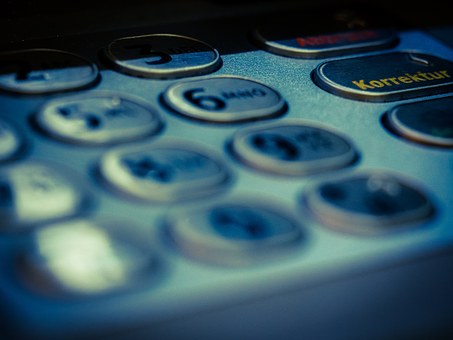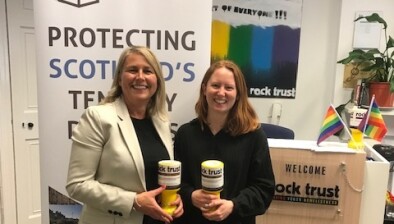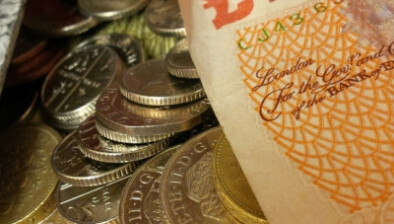ATM withdrawals across Scotland fell by 52% between April and September, LINK report finds

Across Scotland, cash machine withdrawals between April and September fell by 52% compared to the same time last year, according to new data published by LINK - the UK’s main cash machine network.
From April to September, consumers took out £2.5 billion less than they did in the same period of 2019.
ATM withdrawals across Scotland fell by 65% in early April and though they have recovered since then, they are still down on average by around 35% on the same time last year.
From September 2019 to 2020, Glasgow Central saw a -70.5% decline in cash withdrawals, while Orkney and Shetland followed closely behind at -70.2%.
Edinburgh East saw a 66.4% decline while Edinburgh North and Leigh saw a -66.4%.
The trend of declining withdrawals continued in constituencies across Scotland with Na h-Eileanan an Iar reporting a -65.3% drop,
Edinburgh West seeing -64.2% and West Aberdeenshire and Kincardine experiencing a decline of -61.6%.
The areas with the smallest decline over the year are Cumbernauld, Kilsyth and Kirkintilloch East with -43.2%, Linlithgow and East Falkirk with -43.6% and Kilmarnock and Loudoun seeing a drop of -44%.
In the early stages of the pandemic, around 600 ATMs closed across Scotland. Many of these were located in premises that closed due to government restrictions (e.g. shops, airports, garden centres, pubs) or were closed for social distancing purposes e.g. train stations and supermarkets. By the end of September around 50% of these had reopened.
There are currently 4,000 free-to-use ATMs across Scotland and 1,200 charging ATMs.
Throughout the pandemic, people visited cash machines much less often, but took out more money. The average transaction value increased from £68 in February to as much as £86 in May. In September, consumers were still taking out more, taking out an average of £78.
Last October, LINK launched a community request website allowing communities without a free to use ATM or Post Office the opportunity to request a cash machine. To date, 37 communities now have new free-to-use ATM including two recent installations in Larkhall, Lanarkshire.
Nick Quin, LINK, head of financial inclusion, said: “It is interesting to see stark differences in cash withdrawals across the country, most notably within Glasgow, but even from one town to the next.
“Some of this down to the fact that people aren’t visiting busy city centres or that the local ATM may have temporarily closed. More importantly, we can see that some communities are far more reliant on cash and quite often cards and digital payments don’t work for everyone.
“We’re delighted to see that the UK Government recently launched a consultation to protect access to cash. COVID-19 has changed payment habits, possibly forever, but cash still remains important and it’s vital we protect it.”
Recent research conducted by LINK shows that while 70% of people say they are using less cash because of COVID-19, just over two-thirds (68%) said they have used cash in the past two weeks.
Interestingly, 29% of people said that they have experienced situations (during the crisis) where they would prefer to use cash, but instead used a card because the place they were in discouraged cash payments.
Sarah-Jayne Dunn, financial health spokesperson for Citizens Advice Scotland, said: “Helping people access cash is vital as many families rely on it as a means to control, budget and monitor their spending. With more and more people finding their income reduced or restricted, the need to account for every penny is becoming more apparent.
“Whilst LINK’s research has shown a fall in the use of ATMs, their research has also shown that over two thirds have used cash in the last 2 weeks and 29% would have preferred to have used cash but were discouraged. As highlighted by WHICH?, many shops and retailers have refused to accept cash which has meant that those consumers have had to rely on carers, friends and family to step in and help them shop.
“Put simply, the need for cash has not gone away and we know from our own CAB data that those on lower incomes are at a greater risk of financial vulnerability and exclusion, yet this group has a higher likelihood to prefer cash over card and online payments.
“We must do everything we can to ensure we do not become a cashless society as this will exclude many people who rely on physical money. We would urge the Government to work with retailers and businesses on developing ways to ensure people are not cut off from such a vital lifeline.”







